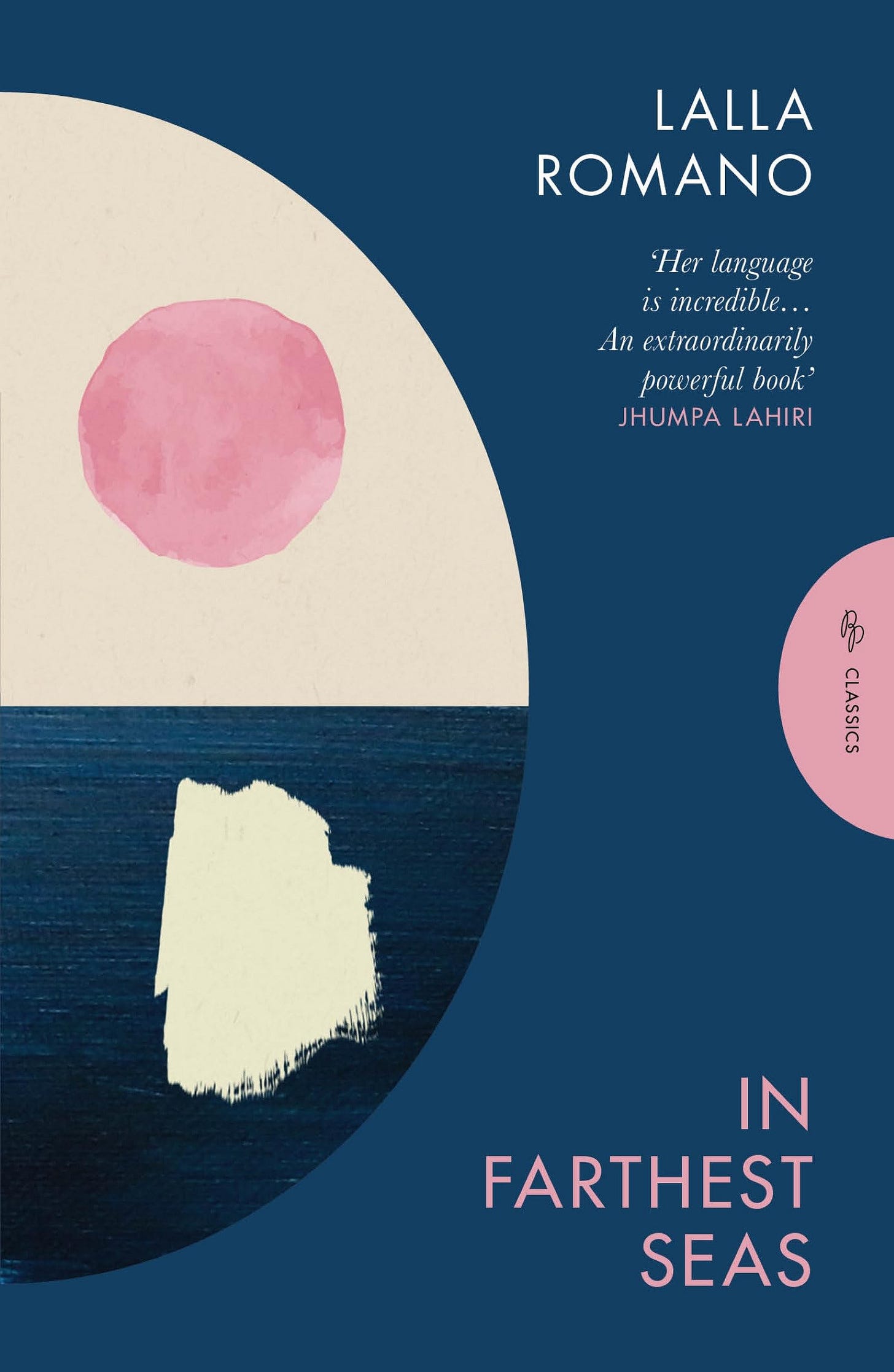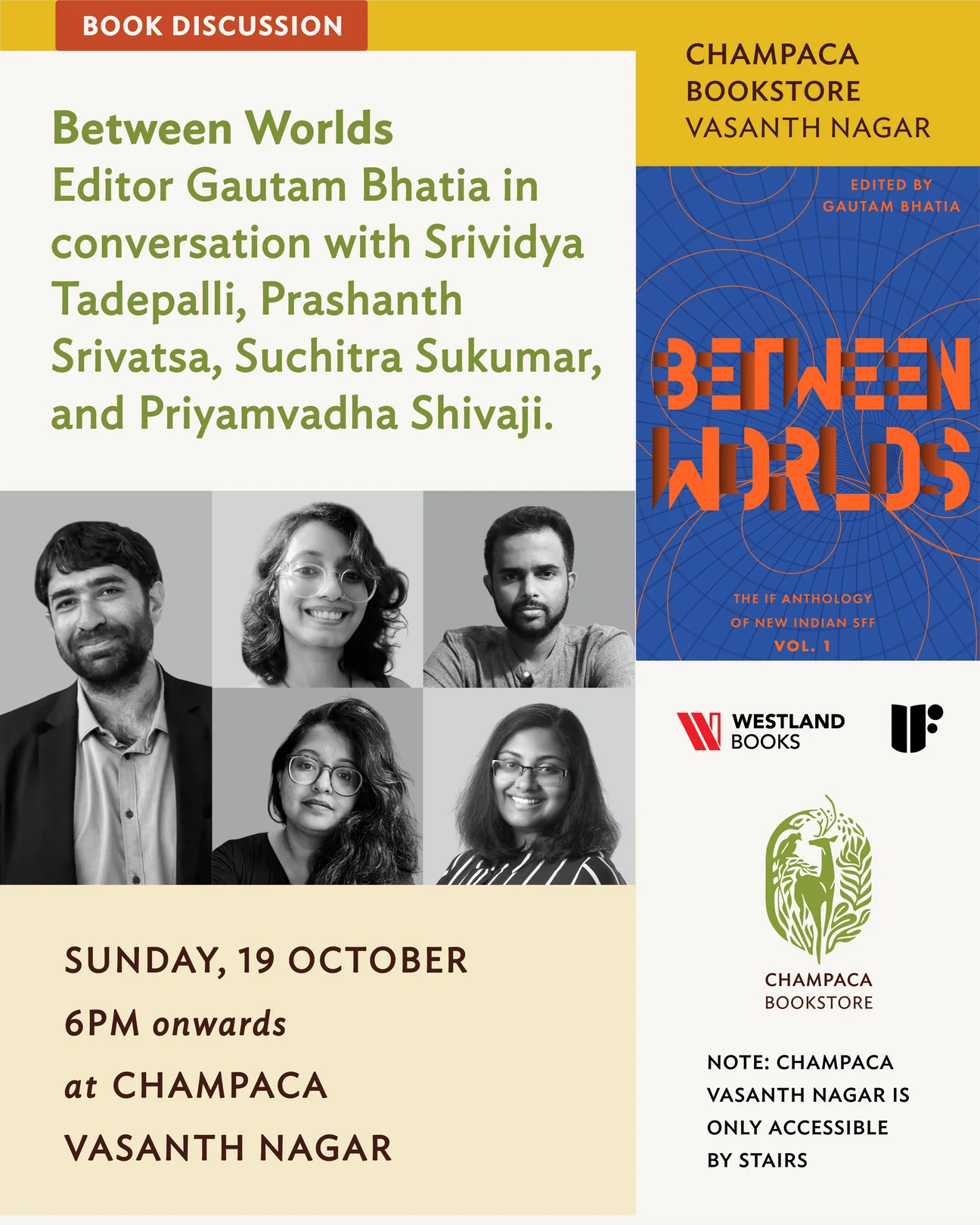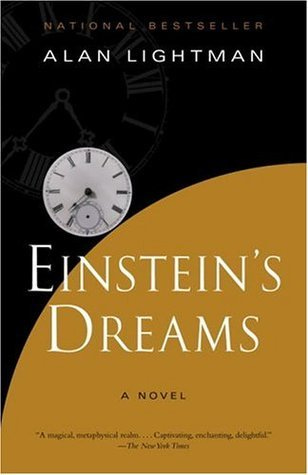Words for Worlds - Issue 105
Hello everyone, and welcome to another issue of Words for Worlds.
This Thursday - October 9th - I’ll be at Hauz Khas Social, talking about “Justice in the Multiverse,” which is just a fancy way of saying “how has science fiction dealt with ideas of justice?” It begins at 6 45 PM, and tickets are available here.
The big personal update is that on my (37th!) birthday a couple of weeks ago, I finally began writing the sequel to THE SENTENCE. And by “writing”, I don’t mean keeping my Scrivener open while scrolling Twitter, or opening new blank folders for “Characters”, “Places”, and “Events”, or pretending to think about the “plot” while falling asleep in bed, but actually writing. I’m around 10,000 words in, and I think it’s crossed the hump where I can now say that for better or for worse, this book will get written.
I’m always amused at my writing process (for fiction), which seems designed to generate maximum self-hatred. For this book, I’ve now been procrastinating for 8+ months (the idea came to me in a conversation with my agent back in January), devising various excuses not to start. And this has been the case before as well: months of a dry spell, accompanied by debilitating self-doubt and a lot of beating myself up (a kind term for it would be “writer’s block); and then, one day, the dam breaks, the words flow, and I can do little else until something resembling a first draft is ready.
By the way, I say “sequel”, but it is not strictly a sequel. Like THE SENTENCE, this will be a stand-alone novel, set in the same universe; it’s set twelve years after the events of THE SENTENCE, with a few character overlaps, but it will be written as a second, stand-alone novel in a similar style. So, expect more high-stakes speculative legal drama, and a lot of cold coffee.
And finally, speaking of THE SENTENCE, the book news I’ve been promising for a while will be out very soon - hopefully in the next issue of this newsletter!
What I’m Reading
It’s been a stop-start couple of weeks: I’ve started a few books, but put them down because they’ve singularly failed to grip. One book that I will be finishing, though, is Lalla Romano’s In Farthest Seas, continuing my foray into my post-Ferrante Italian reading, which started with Elsa Morante. As with Morante, Romano is a precursor of Ferrante, a mid-late 20th-century Italian writers (In Farthest Seas was written in 1987), and you can trace the lines of influence in the depth and intensity of the relationships that are portrayed. More when I finish the book.
What’s Happening at Strange Horizons
Our 29th September issue was a celebration of the 25th anniversary of Strange Horizons - yes, we’re that old! You’ll find a lot of treasures in the archives here. Our podcast editor also conducted a set of interviews with magazine staff. On the one hour and 24 mins mark, I talk about a decade at the magazine, imagining and conceptualising our special issues, how the genre has changed in that time, and how the extractivism special issue came to be.
The Indian Scene
On the 19th of October, at 6 PM, we’ll be launching Between Worlds: the IF Anthology of New Indian SFF, at Champaca - with a conversation with our Bangalore-based contributors. Mark your calendars, and drop by if you’re in the city!
Recommendations Corner
I was going over some of my old reads the other day and it struck me that this book, although very popular in its time, isn’t really talked about these days - and doesn’t really seem to have endured as a genre classic. This is a pity, as it should be a genre classic. Einstein’s Dreams is a series of vignettes set in words identical to ours, with one difference: in each of these words, time works in a different way. In one world, it travels backwards, in another world in fits and starts, and in yet another world, it’s a visible dimension, as visible as space. The connecting thread is that each of these vignettes is a dream of Albert Einstein, who is in the final stages of working out the theory of relativity.
In style and form, Einstein’s Dreams is reminiscent of Italo Calvino’s Invisible Cities, with time replacing cities as the centre of each vignette. It also reminded me of Borges’ Celestial Emporium of Benevolent Knowledge, in how it jerks our minds out of ease by imagining entirely different ways of organising reality.




Oh I loved Einstein's Dreams!! That one really stuck to me.